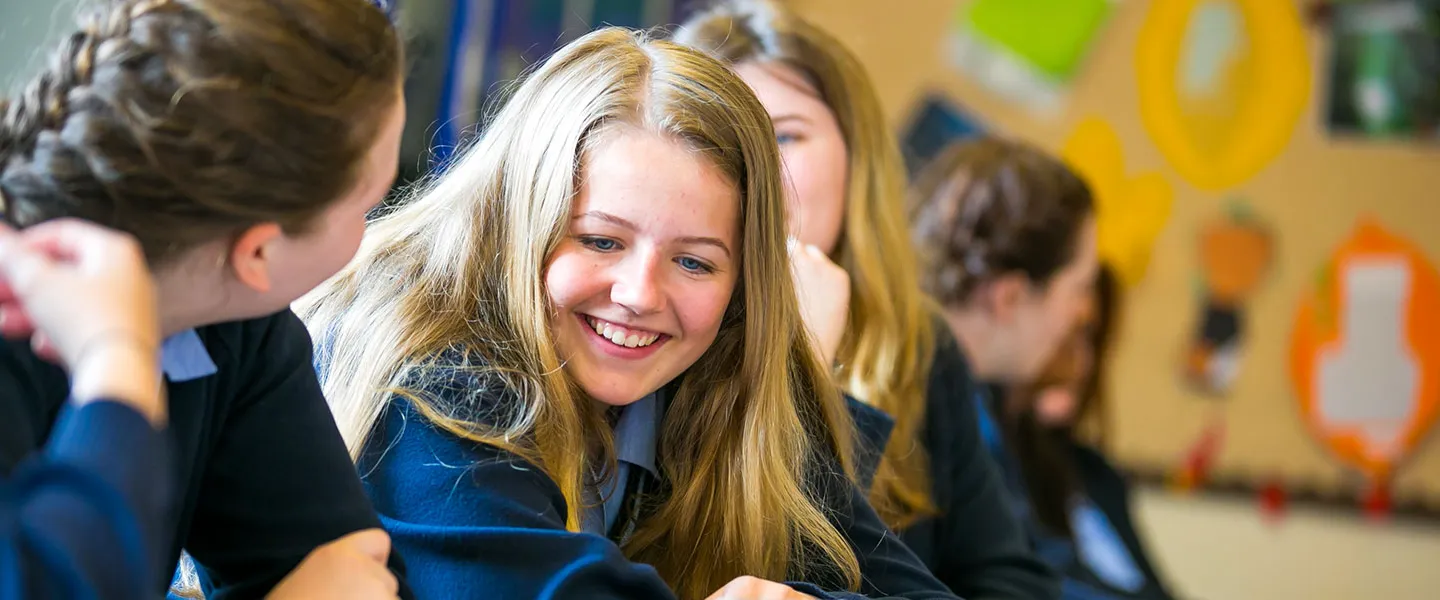We are all in agreement; the world is changing, and education needs to change with it. Educators have a moral duty to reflect on the uncertain world our children will inherit, and consider how best to prepare them for it. Our connection with the natural world is pivotal to our well-being and to counteract the effects of ‘generational environmental amnesia’, schools have to evolve, and embrace a curriculum that is relevant and applicable to the 21st century and beyond.
Children do not have the same connections with nature their parents and grandparents may have had; freedoms have been restricted, time is scarce and positive outdoor experiences have diminished. That is why we prioritise engaging a screen generation of children in practical opportunities to maximise their exploration of, and interaction with insects, wildlife, plants, trees, soil, water, sunshine, wind and rain. The aim … to stop a disconnect and sleepwalk towards a dystopian inheritance.
At Queen’s, we give our pupils the opportunity to reconnect with the outdoor world beyond the classroom, boosting environmental stewardship, academic learning and personal development. Giving our girls access to natural experiences that they feel ownership and responsibility for, promotes a greater affinity and consciousness for a world that needs consideration and preservation.
Providing outdoor learning opportunities is part of the fabric that makes up the curriculum at the Lower School. Our Forest and Beach school allows teachers and pupils to explore the interdependence of people, beaches and forests and the vital role they play in sustaining our environment. It also helps the girls develop many skills that are hard to teach in the classroom. It encourages them to be active, assess situations, take risks and make decisions, with lots of activities to develop both fine and gross motor skills. The girls learn to be self-sufficient and take care of themselves, which boosts their confidence and self-esteem. Through trial and error they learn to deal with failure and develop the resilience: a skill critical in and outside the classroom. The Infant Gardening Club is popular while the school pond is teaming with wildlife that can be discussed and explored. The newest initiatives to create a Kitchen Garden and establish a quiet sanctuary for the girls with the aid of a sensory garden will add to their outdoor learning opportunities.
The school’s student voices are also leading the way. The Eco Society was instrumental in reducing water consumption and energy usage; buying bird, bat and butterfly boxes to increase biodiversity and reducing waste and improving recycling. These actions amongst others have enabled The Queen’s School to receive the Bronze and Silver Eco Schools Awards, and we are now working towards achieving Green Flag status.
Young scientists like Fionn Ferreira and Boyan Slat are coming up with credible solutions for tackling plastic pollution in our oceans in particular. When young people have an affinity and passion for the outdoors, they are more likely to use their talents and abilities to come up with solutions for seemingly impossible problems.
Every generation inherits a baseline ‘normal’ with respect to their environment. Creating meaningful interactions with the natural world is not only vital for rejuvenation and an improved quality of life, but it is also imperative for embedding a new ‘normal’ where we return to a simple, but meaningful relationship with nature and construct a new ‘natural literacy’ for the future.
